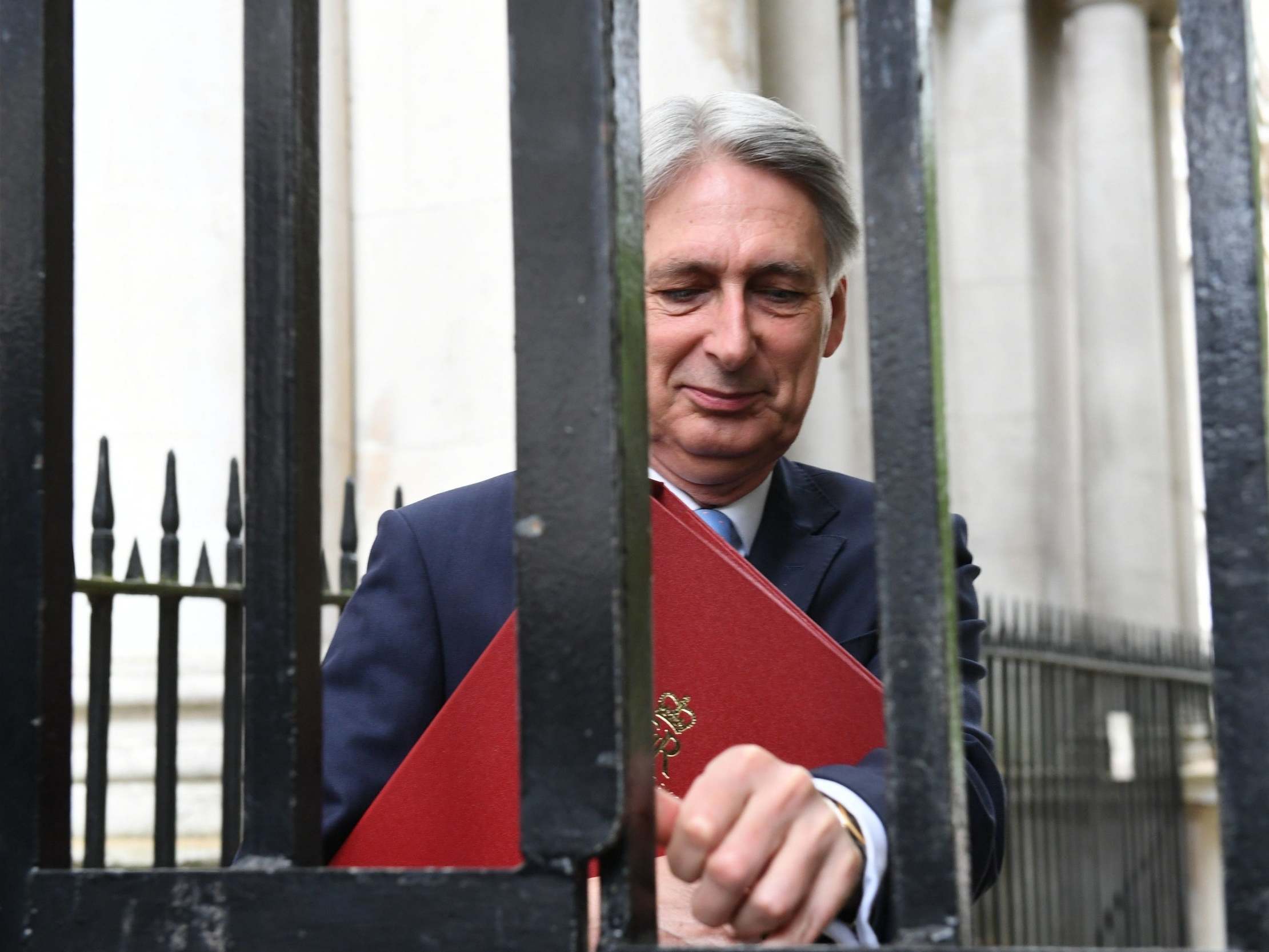Is Phillip Hammond about to become a crucial figure in the Brexit crisis?
Politics Explained: The shift from loyal chancellor to backbench rebel is nearly complete

The Brexit chaos has brought about many unexpected consequences. Unlikely alliances have formed. Improbable heroes and villains have emerged.
One of the most extraordinary transformations has been Philip Hammond, whose shift from loyal chancellor to no-deal critic and then backbench rebel is nearly complete.
“Spreadsheet Phil” – as he is sometimes known in Westminster – has spent nearly a decade at the top of government, precisely because he is seen as reliable, measured and probably a little dull.
But those days appear to be over. Over the past few months, Mr Hammond has been increasingly outspoken about the economic risks of a no-deal Brexit, something he fears is not being given serious consideration by Brexiteers.
His disquiet has been more apparent since Boris Johnson stormed in front in the Conservative leadership contest with his repeated promises to take the UK out of the EU on 31 October, with or without a deal.
With Mr Johnson poised to enter No 10 next week, Mr Hammond is preparing to quit, knowing full well that he would otherwise be sacked by Mr Johnson.
His actions over the past few days show that he will be a crucial figure in the looming Brexit battles this autumn.
On Thursday, Mr Hammond was among four cabinet ministers who defied the government to abstain on a vote to prevent Mr Johnson from suspending parliament to force through a no-deal Brexit.
Mr Hammond was spotted in Downing Street by photographers at the very moment he was supposed to be voting against a rebel amendment to the Northern Ireland (Executive Formation) Bill – which passed with a large majority.
In ordinary times, the chancellor defying a three-line whip would be an explosive political story. Mr Hammond not only abstained on the vote but he actively wanted people to know he had done so.
He tweeted: “It should not be controversial to believe that parliament be allowed to sit, and have a say, during a key period in our country’s history.”
Mr Hammond seems to be at the head of an unlikely bunch of Tory rebels, a gaggle of sensible ministers who cannot get behind Mr Johnson’s demand to keep no deal on the table.
Pro-EU ministers Greg Clark, the business secretary, Rory Stewart, the international development secretary, and justice secretary David Gauke also abstained, which suggests they know they are on their way out as well.
It has been suggested that Mr Hammond played a key role in organising the rebellion, sending encouraging text messages to Tory ministers and urging them to abstain.
The defeat is a taste of what prime minister Johnson faces over the coming months.
Ms May had a tough time trying to contend with the Brexiteers snapping at her heels, but Mr Johnson will have to go up against a bunch of radicalised former cabinet ministers, who command the respect of plenty of Tory MPs.
Mr Hammond has even suggested he might be prepared to bring down the government should the new PM push for a no-deal Brexit. Dominic Grieve and former chancellor Ken Clarke have also said they would consider such a move.
If the Tories lose a by-election on Wales next month, the government’s working majority would be reduced to three – leaving Mr Johnson with almost no room for manoeuvre.
If Mr Hammond becomes a “nightmare on the backbenches”, as he joked at a Treasury party earlier this month, then Mr Johnson may find delivering Brexit as difficult as his predecessor.
Join our commenting forum
Join thought-provoking conversations, follow other Independent readers and see their replies
Comments